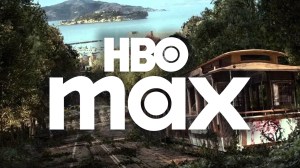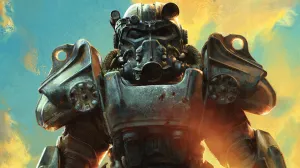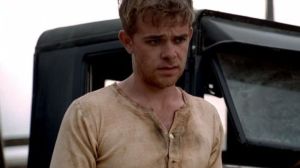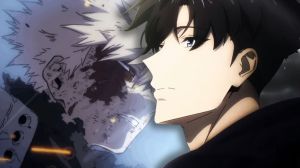Star Wars: Andor creator Tony Gilroy shares his theory on why some films in the Marvel Cinematic Universe have come up short in the storytelling department. Following the release of the Andor Season 2 finale, the filmmaker sat down with /Film to discuss his work on the show. Gilroy shed light on how the series evolved during development, explaining that there were versions in which K-2SO’s Andor debut happened much earlier in the series. Gilroy tweaked things so that this development happened late in Season 2, out of interest in building up towards something. He compared it to issues that plague Marvel movies in his opinion.
Videos by ComicBook.com
“In the show, it’s perfect. [K-2SO’s late introduction was] something I always intended,” Gilroy said. “The versions that they had of the show prior, they were slick and they were interesting. They were not bad, but they had a fatal flaw, it seemed to me, which is if that’s your show, that we’re going to storm the Citadel in the pilot, what are you going to do in episode 9? What do you do? You’re just going to keep getting the disc? … That’s why all those Marvel movies are all — that’s why they fail. You’re just constantly … if that’s all you’re doing, then all you’re doing is just trying to get the Tesseract.”
The MCU was the dominant film franchise during the Infinity Saga, but it’s fallen on some hard times recently. Numerous entries in the Multiverse Saga have underwhelmed critically, commercially, or both, putting the property in an interesting spot as it looks to build to a satisfying conclusion in Avengers: Doomsday and Avengers: Secret Wars. Marvel got a bit of good news recently when Thunderbolts* earned positive reviews and performed solidly at the box office.
[RELATED – Marvel Fans Fear a Major Hero Has Been Forgotten 3 Years After Their MCU Debut]
Even during the MCU’s heyday, Marvel received criticism from those who felt like the movies relied too heavily on an established formula. Dune director Denis Villeneuve considers Marvel films to be “cut and paste of others,” while Martin Scorsese went viral for comparing the comic book adaptations to “theme park rides.”
Gilroy’s larger point is that franchises can’t always repeat the same basic story structure or else they start to get stale. In this case, he’s arguing against narratives in which the plot revolves around a race to secure a MacGuffin. While not every Marvel film is on the same scale as The Avengers, a majority of them involve the heroes attempting to get some kind of item. This creates a sense of homogenous storytelling, in which a basic foundation is present in each film in different skins. In Ant-Man and the Wasp: Quantumania, Scott Lang is trying to get the Multiversal Power Core. In Doctor Strange in the Multiverse of Madness, the Book of Vishanti is the key. “Fail” might be a bit strong a word given Marvel’s track record of box office success, but this reliance on formula has led to stories that aren’t always engaging.
To be clear, Gilroy is not saying that MacGuffins are outright bad. He’s just advocating for a variety of approaches within a larger sandbox. If Andor began with Cassian leading a raid on an Imperial base and meeting K-2SO, there’d be a question of where else there is for the show to go. Starting out smaller and gradually building to the events of Rogue One helped Andor stand out from the crowd and become one of the most acclaimed Star Wars projects of all time. It’s perhaps telling that the MCU found success with a film (Thunderbolts*) that was driven more by character and theme than plot. It earned praise for its thoughtful exploration of mental wellness, showing that Marvel doesn’t always need a Tesseract to go after. Hopefully, future MCU movies switch things up with regard to narrative.








